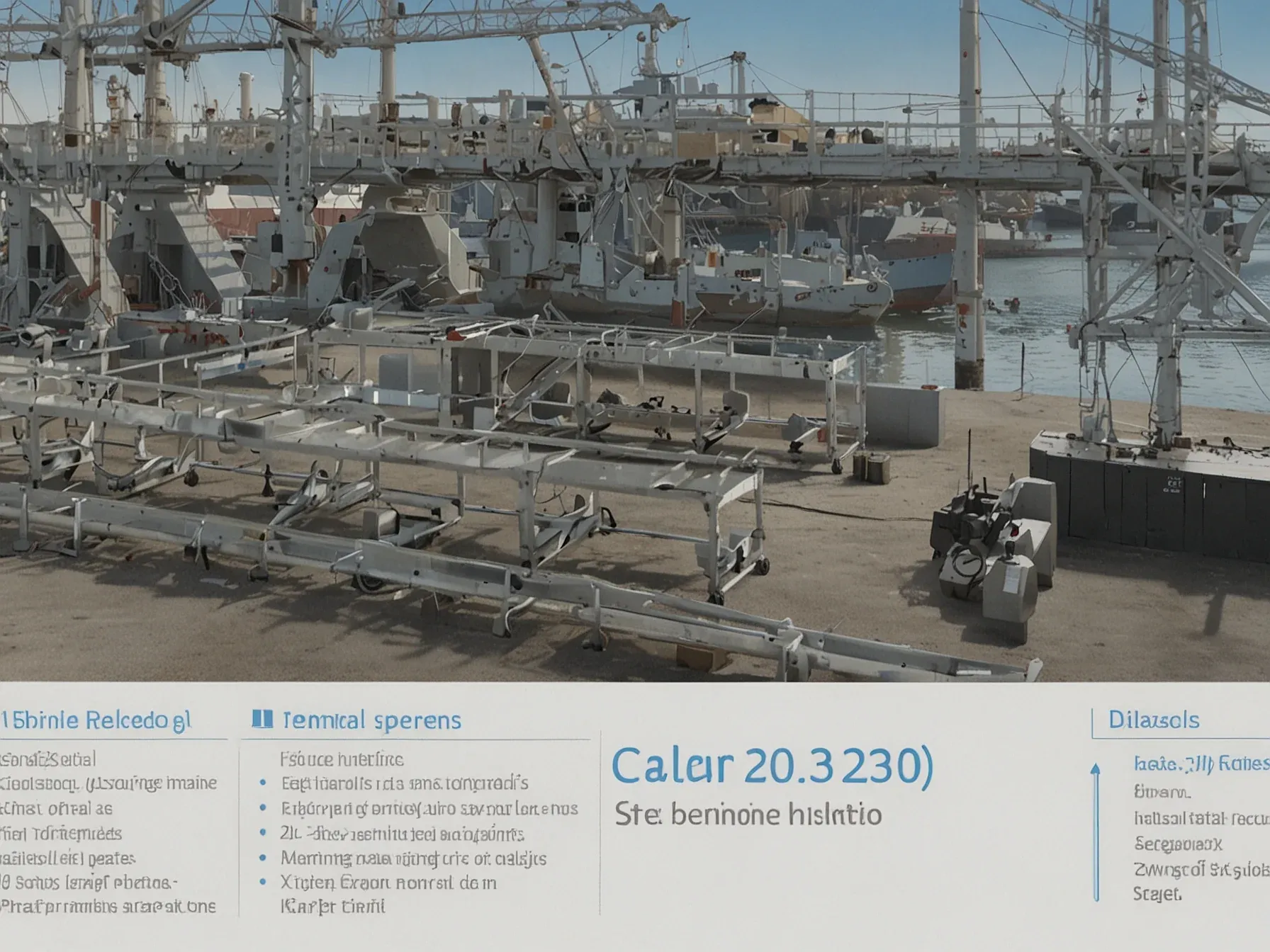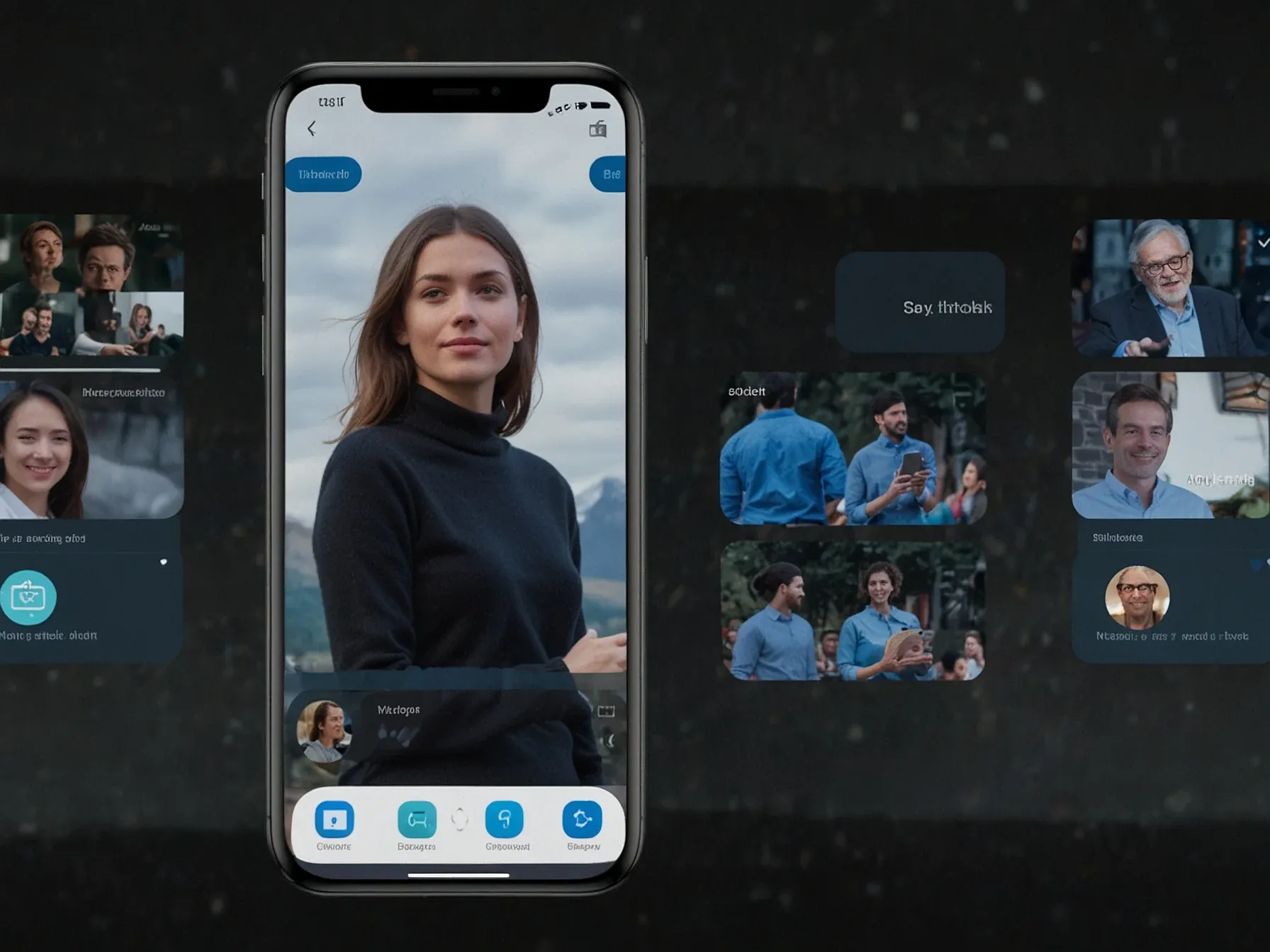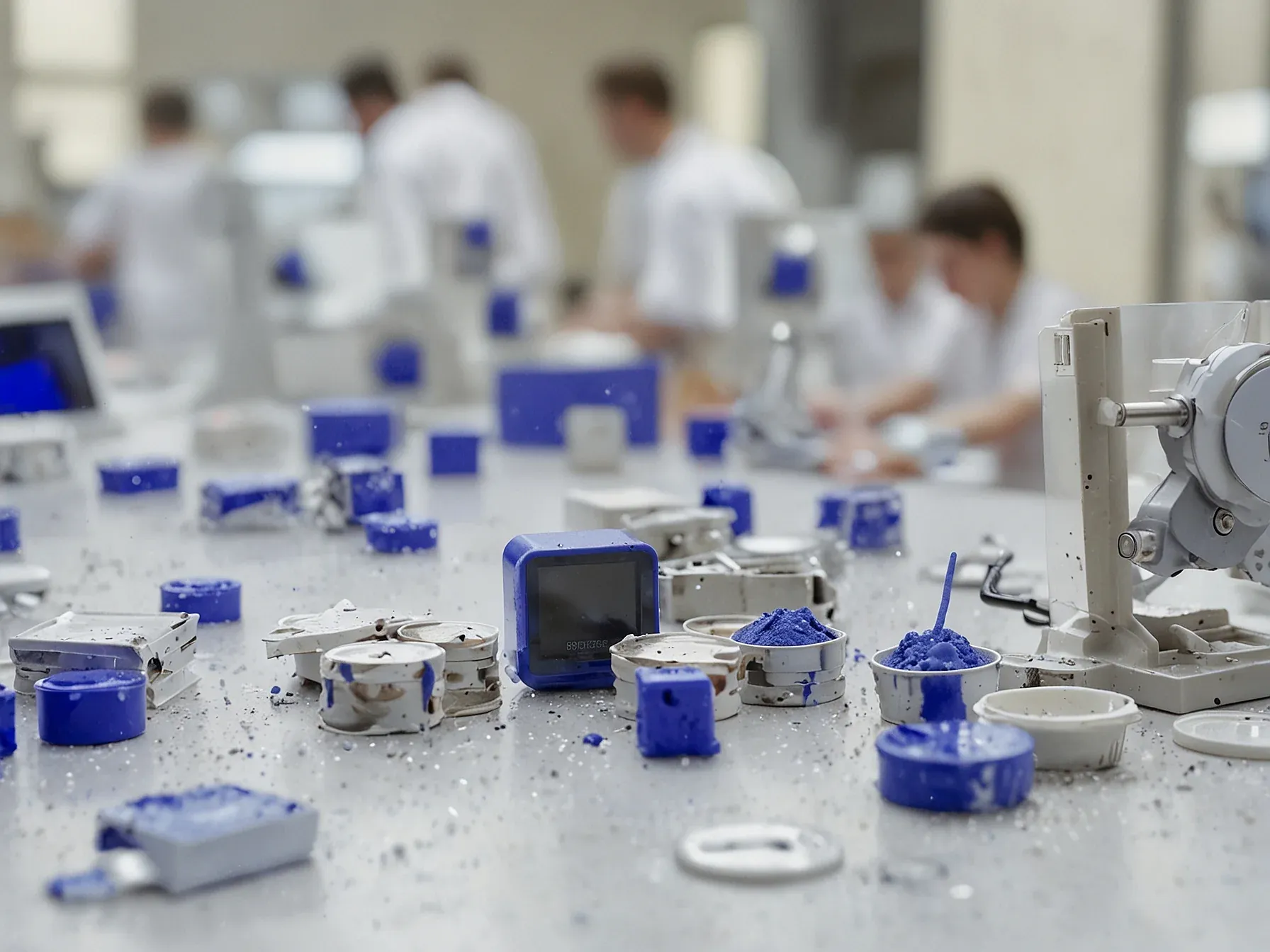
Editorial illustration for Google Surges in Pre-Training Race, OpenAI Plots 'Shallotpeat' Comeback
Google Leads AI Race with Pre-Training Breakthrough
Google pulls ahead with pre-training; OpenAI's comeback plan named ‘Shallotpeat’
The artificial intelligence arms race just got another jolt of drama. Google appears to be pulling ahead in a critical AI development phase, with OpenAI scrambling to respond through a mysterious strategy cryptically dubbed 'Shallotpeat'.
Silicon Valley's tech giants are locked in an intense competition, where every technical breakthrough can shift the balance of power. Recent signals suggest Google has gained significant ground in pre-training techniques, a foundational machine learning process that could determine the next generation of AI capabilities.
OpenAI's leadership isn't sitting idle. CEO Sam Altman has publicly acknowledged Google's recent technological advances, hinting at a nuanced competitive landscape where respect and rivalry coexist. The emerging narrative suggests pre-training remains far from obsolete - in fact, it might be more important than ever.
But what exactly makes this technical chess match so compelling? The details reveal a high-stakes technical showdown that could reshape artificial intelligence's future.
Pre-training isn't dead, it's crucial What's interesting is the role that pre-training played in Google's success. In his note, Altman admitted that Google has "been doing excellent work recently," especially in pre-training. This fundamental phase, where an AI model learns from vast amounts of data, seemed to have hit its limits.
But Google's success shows that while massive performance leaps may not be on the immediate horizon, effective advantages can still be gained. This is a particularly sore spot for OpenAI, as the company has reportedly struggled to make progress in pre-training. This prompted OpenAI to focus more on "reasoning" models.
The pre-training landscape just got more intriguing. Google's recent advances suggest the technique isn't obsolete, but still holds meaningful potential for AI development.
Sam Altman's acknowledgment of Google's "excellent work" signals a shift in competitive dynamics. Pre-training remains a critical phase where models absorb foundational knowledge from massive datasets.
While dramatic performance leaps might seem less likely, nuanced improvements are still very much in play. Google's success hints that incremental gains can be strategically significant in the AI arms race.
The "Shallotpeat" initiative from OpenAI suggests the company isn't sitting idle. They're actively exploring ways to remain competitive in a rapidly evolving technical environment.
What's most fascinating is how major players like Google and OpenAI continue refining fundamental AI training approaches. The pre-training method, once thought potentially exhausted, now appears to have untapped strategic depth.
This isn't about revolutionary breakthroughs. It's about steady, thoughtful technical evolution in an increasingly complex field.
Further Reading
Common Questions Answered
How has Google gained an advantage in AI pre-training techniques?
Google has recently demonstrated significant progress in pre-training methodologies, showing that this fundamental AI development phase still holds considerable potential. Their breakthrough suggests nuanced improvements are possible, even as dramatic performance leaps become less frequent.
What did Sam Altman acknowledge about Google's recent AI work?
Sam Altman publicly recognized that Google has been doing 'excellent work recently' in pre-training techniques. His acknowledgment signals a potential shift in the competitive dynamics of AI development, highlighting Google's meaningful advances in the field.
What is the significance of 'Shallotpeat' in OpenAI's strategy?
OpenAI is pursuing a mysterious strategy called 'Shallotpeat' as a potential response to Google's recent pre-training advancements. While the specific details remain cryptic, it appears to be part of OpenAI's efforts to maintain competitive edge in the AI development landscape.








